How to Cope with Loneliness during Menopause
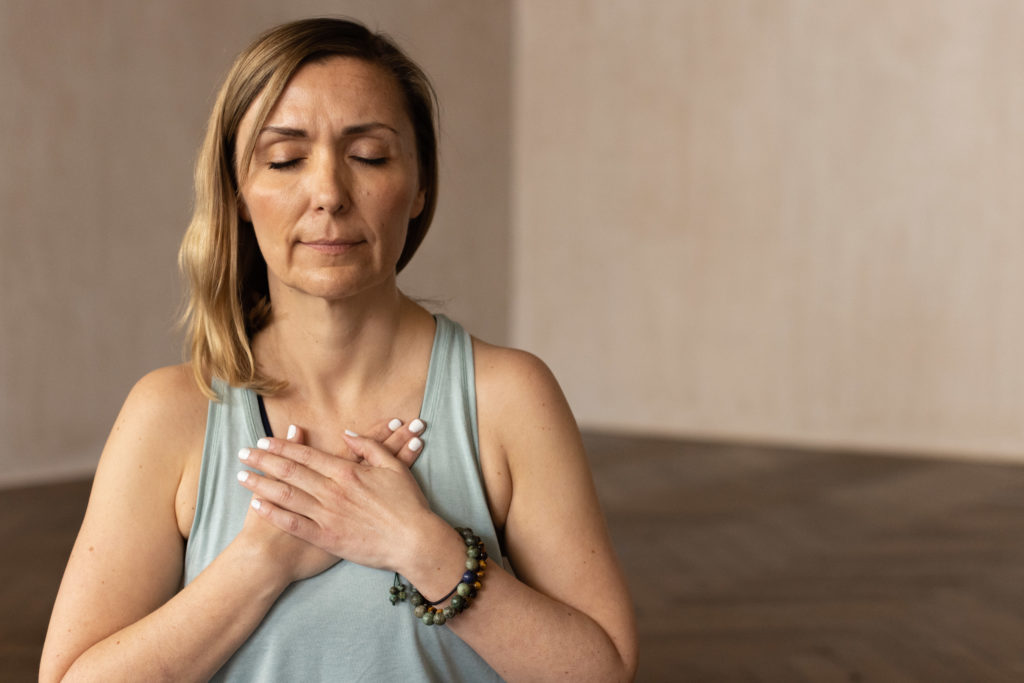
Six years ago when I was 43 years old I was at the start of my own rollercoaster of menopause symptoms. I was working and living in another country, so living away from close friends, family and my partner. I didn’t realise for about a year that I was actually perimenopausal. I was struggling with frequent hot flushes every day, sleep disturbances, very low mood, memory problems, and gaining weight fast. I thought I was facing burn-out in my job.
Feelings of Embarrassment
But with further investigation and a lot of googling I slowly realised I was perimenopausal. And it made me feel embarrassed!! I had good friends I had met through work but didn’t feel confident or at ease talking to them about what I was experiencing. I didn’t even feel comfortable talking to my partner or my closest friends about this.
At that point if you had asked me what was it that I was embarrassed about I probably couldn’t have put my finger on it. But now with space, time and reflection, I can honestly say that I was ashamed to admit I was ageing (although obviously we all are, every day!!). I was ashamed and embarrassed to begin a conversation about my experience and that I was struggling. And I was embarrassed to discuss my symptoms (even though every one of them are normal and well documented in medical literature) and what that might signify to others. Even what it signified to me at that point. In our society women ageing has vast negative connotations. Menopausal women also have many negative stereotypes associated to it. And I was also, as far as I knew, the first of my closest friends to start my transition into perimenopause. I did try in those early days to share with a couple of close friends what I was going through – but honestly, they dismissed it or changed the subject very very quickly.
Absence of meaningful connections
So during that time I felt very lonely and a bit lost. What I craved was an older woman or group of women that I could reach out to for support, guidance and a sense of not being alone in this. What I wanted to feel was reassurance that I was not alone in my experience, and that things were going to be ok, and how to get support. Yet at that time, perimenopause and menopause were not a talking point. I found many interesting and informative websites to read but had no-one at that stage to talk to.
For too long, this normal life changing transition has gone mostly unseen and yet for many women, like me, it is a lonely, embarrassing and for some a wholly horrific time.
The reason for me sharing my experience here is that ‘loneliness’ is this year’s theme for Mental Health Awareness week. And it is an important topic to think about and talk about when it comes to our menopause journeys.
Loneliness though isn’t the absence of people, but the absence of meaningful connections. I was surrounded by people day to day, but didn’t at the stage in my life have meaningful connections related to menopause. And the absence of meaningful connections directly influences our mental health day to day.

Menopause Awareness on the Increase
One positive evolution since I first realised that I was perimenopausal is that there now seems in the U.K. (and other countries) a growing movement of women in the media speaking up, like Davina McCall with two T.V. shows aired on Channel 4 in May 2021 and a follow up shown a year later (May 2022) highlighting symptoms and feelings women have during this transition. It is also fantastic to see the increase in awareness raising and verified information now on symptoms and treatment options.
But with what seems some days a plethora of newspaper and magazine articles on the topic of peri/menopause I am still left thinking how much does this create new safe spaces for us to talk about this within in our own day to day lives?
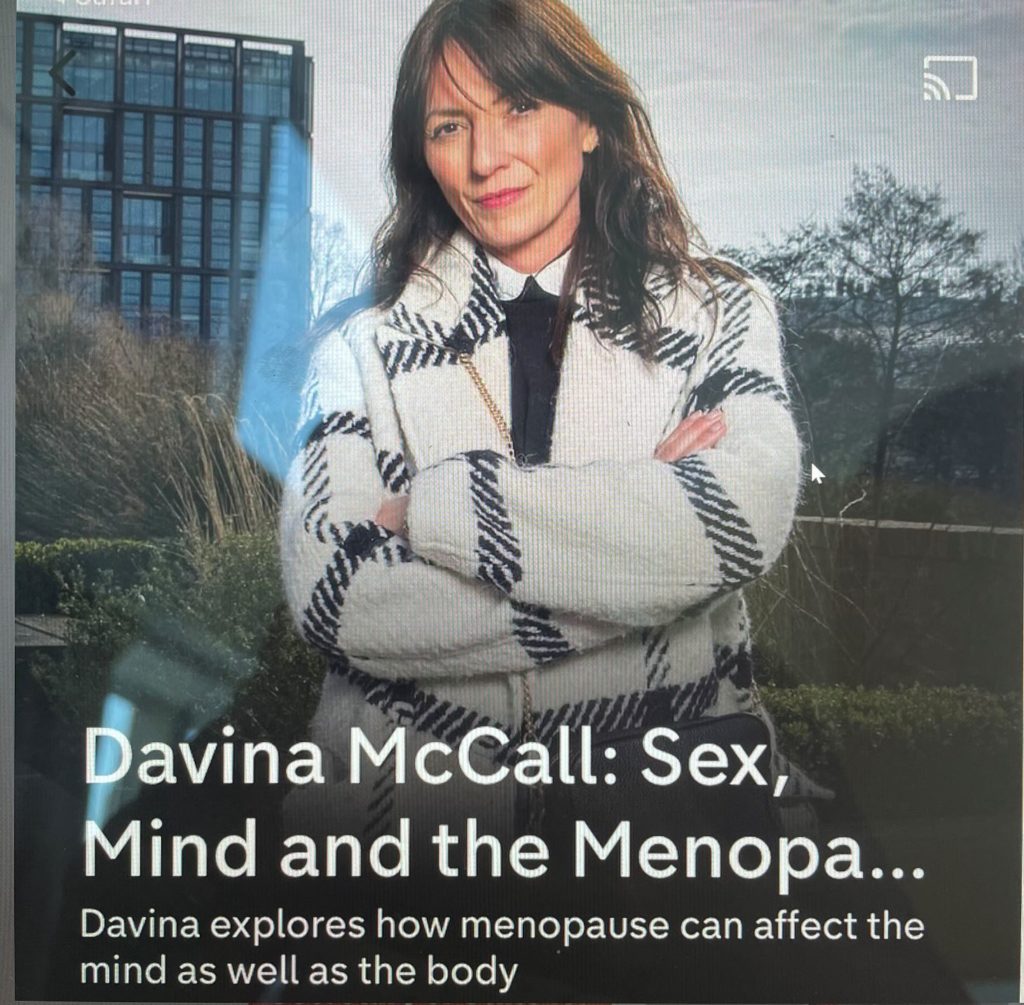
It can still be a very lonely time.
So what can we do? And what do we need to know?
Menopause symptoms contributing to loneliness?
For many of us our actual menopause symptoms themselves could be the culprit to our loneliness. Estrogen levels decline when you hit menopause, and the unwanted effects that come as a result contribute to isolation:
- Mood swings. These can make many of us more irritable as we find even the most minor things annoying.
- Low mood / Depression. Research and anecdotal accounts from women highlight that many women feel low mood and depressed once they hit perimenopause. This can prevent you from reaching out even when you need it.
- Fatigue. Your body can literally force you into isolation. Without the energy to mingle with friends, you may find yourself constantly wanting to stay at home instead of going out.
Stigma and Menopause
The stigma doesn’t help either. Many women are still hesitant to open up the conversation on how their body is changing, how their mind is feeling, and how their emotions are impacting them. That is exactly how I felt.
A survey by the U.K. Parliamentary Committee found 1 in 3 women missing work due to menopause symptoms. The research highlights how strong stigma still is. Most women do not tell anyone at work that they are going through the menopause, despite the vast majority finding that symptoms impact how they feel at work.
A common reason cited was ‘I was worried about the reaction of others’
And there isn’t enough research yet to know what’s happening in our homes and communities about menopause conversations and feeling less lonely.
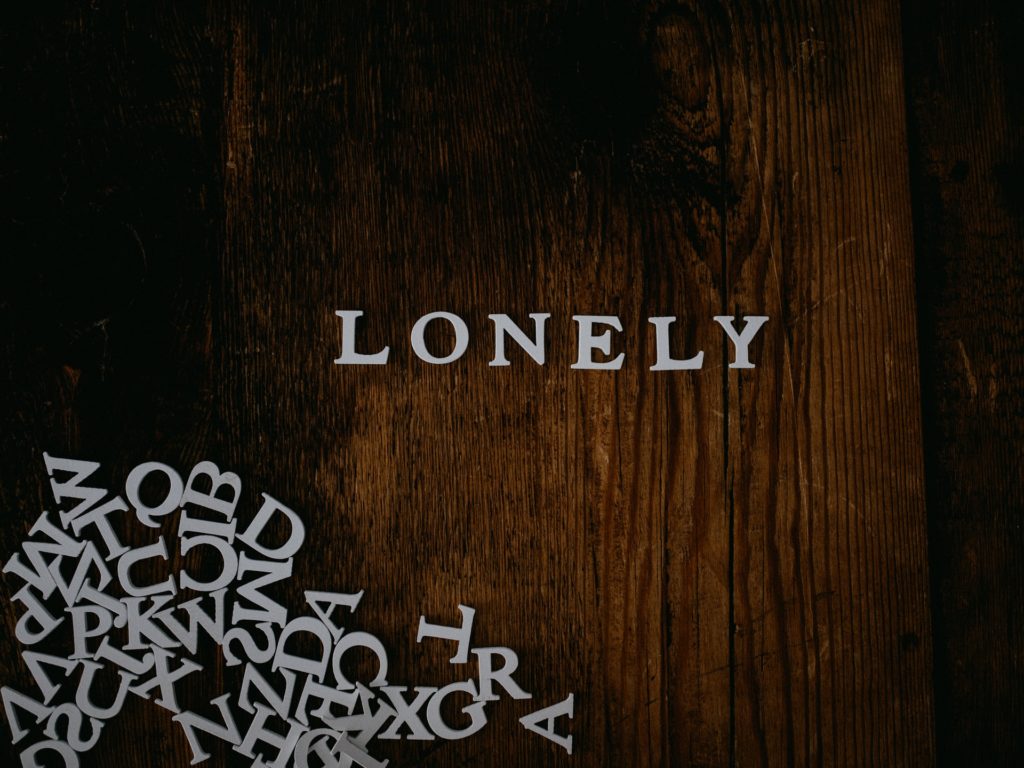
7 Ways to cope with loneliness
Dealing with loneliness can be difficult. But there are things we can all do to cope with loneliness and prevent some of the negative feelings and mental health problems that can come with it. Here are some coping strategies that you might find useful.
1. Try to do some enjoyable things that will keep you busy
One way of trying to manage loneliness is by keeping busy and doing things we enjoy. This might be a hobby such as a bit of gardening, going to the gym or jigsaws, puzzles, knitting, photography, writing a book, reading a new series of books (check out another blog from me if you’re looking for books on perimenopause and menopause). Small activities can give you energy and positive feelings. It’s important these things are fun or fulfilling. Perhaps you can take a dance class or join a book club. Taking part in a group activity doesn’t just distract you. It also surrounds you with people, thus preventing social isolation.
Be careful about working too hard or watching TV shows simply as a distraction. These will only delay or suppress your feelings and could actually make your mental health worse.
2. Try to do things that stimulate your mind
Activities that occupy your mind can help with loneliness. This can include the benefits of taking courses or listening to podcasts on topics from comedy to fitness (or even menopause). This can be stimulating and something as simple as listening to the familiar voice of someone you like can help you feel less lonely.

3. Think about doing a physical activity
Physical exercise can help with loneliness. It can be as simple as having a walk in the park when you’re feeling a bit overwhelmed. Alternatively, you could listen to music and do a bit of dancing around your living room. (Be aware of your neighbours though!). And for those of you who know me, you will know I am an advocate of the many many benefits of yoga during our menopause transitions, You may also like to start up yoga either online or at a local place.
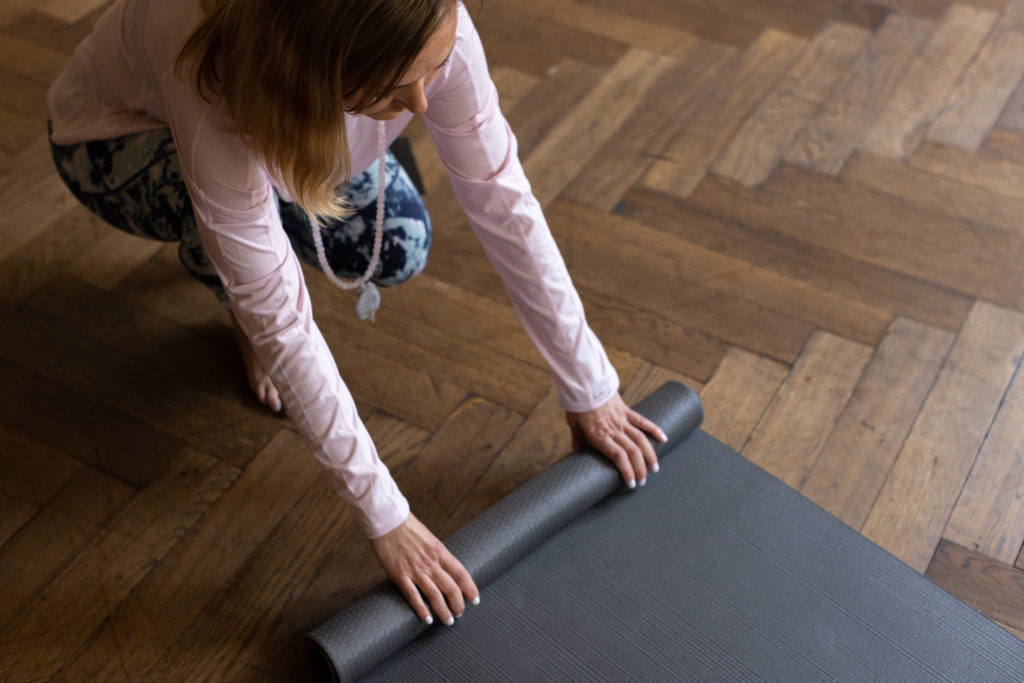
4. Try to engage with the people you meet in your daily life
It can be hard to talk to others when you’re feeling lonely. However, trying to connect with the people you meet as you go about your day can be helpful. Even catching someone’s eye and saying “hi” as you walk along can make you feel better. Or it could be about saying hello to the postwomen or postman or going to the shops and talking to the person at the checkout. By sharing a polite greeting – you might find you give someone else a positive lift too.
5. Find people that ‘get you’
It can be hard to connect with others when you’re feeling lonely. But there are great benefits in finding people who have been through similar experiences to you. Interacting with others that ‘get’ you can give you a sense of belonging that may be missing. Building friendships with women going through the same thing can be empowering. It makes the experience a lot more bearable and helps you feel that you’re not alone.
Try finding new friends and creating a support network with a site that connects you to other women in your local area who are around your age or share your interests.
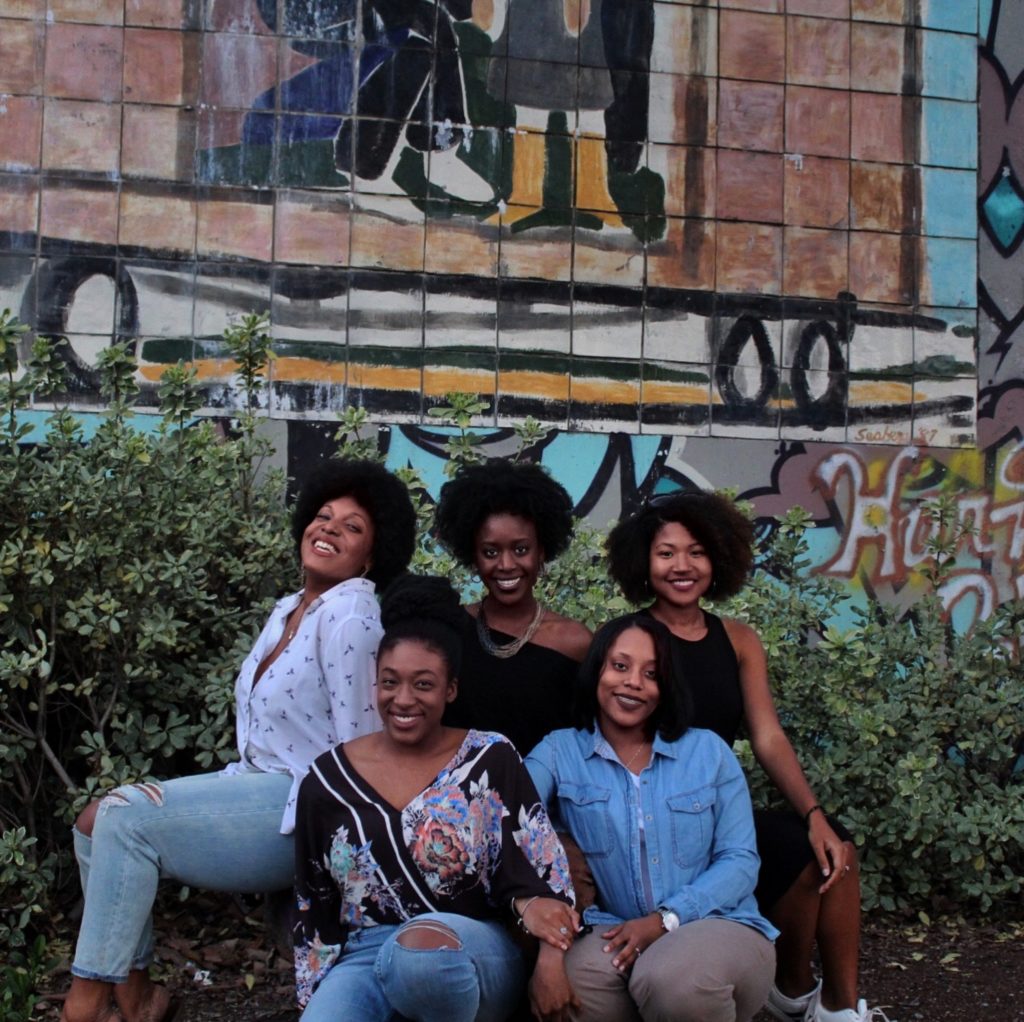
People who have been there have found connections in local groups or social media. Social media can help your mental health. But it can also affect it negatively. The key is to use it in a positive way. Finding digital communities, you share interests and passions with can help. Most importantly be aware of how you feel when you use social media and focus on topics and activities that work best for you.
6. Spend time with pets
If you are lucky enough to have a pet, it can be a great way of managing loneliness. Not only do animals provide us with unconditional love and support, but they also help to give structure to our days and even encourage us to get out and connect with others. Interaction with pets is also shown to help reduce stress levels.
And if you don’t have a pet perhaps you can link up with borrowing one.

7. Talking therapies can help
Talking through your feelings with a counsellor or therapist can help you cope with your feelings of loneliness. Talking therapy can be hard to get – but if you can find a professional, it can really be of benefit. It’ll provide you with a safe space to work through your feelings and thoughts without judgement. Check out your local resources by visiting the NHS website.
Just remember that solitude can be good for us.
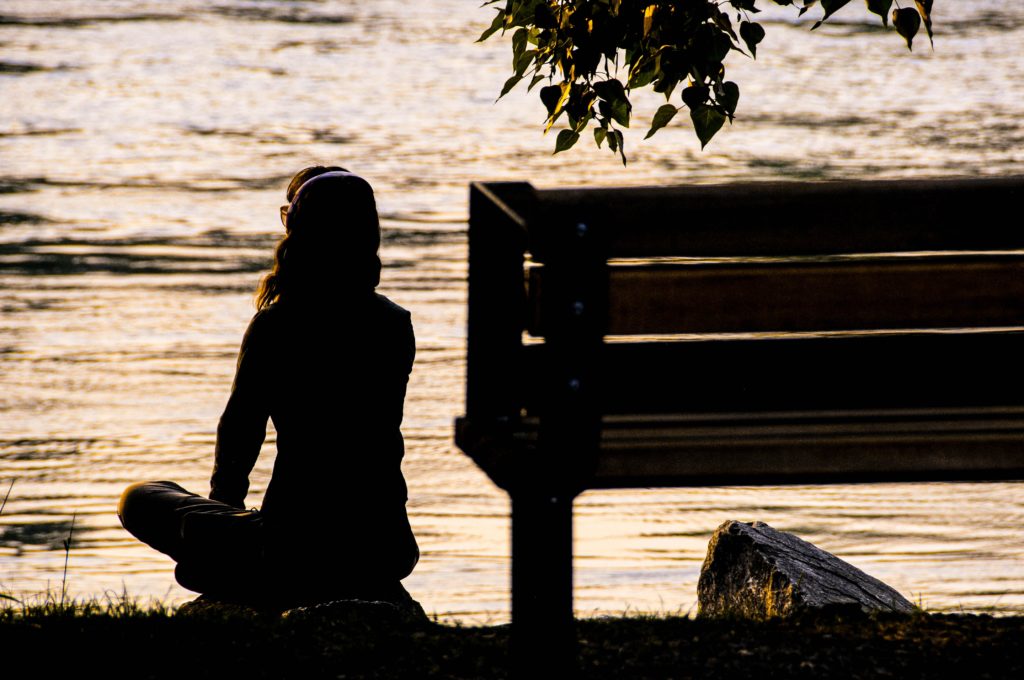
Loneliness can be bad for us, but solitude can be therapeutic. If we let it. Solitude is an experience of being alone, but it’s calm, centring, and grounding, and it’s really important for mental maintenance. If we allow ourselves moments of solitude in the chaos of our daily lives and let the noise around us settle, we can reflect on what’s happening in our lives and simply be in a world that is constantly about doing, doing, doing. Those few minutes that we take to simply pause, rest, be, feel, practice gratitude by remembering three people or three things to be thankful for, can be really grounding and renewing. Here, we can show up more authentically as ourselves.
Did you find this blog helpful? Want to learn more about your menopausal journey? If you’re looking for more resources to support you to have a positive menopause journey please read my blog “Why yoga is so good for us during perimenopause and menopause?”. Wanting to find emotional balance during your menopause transition in a one-to-one with me – set up a discovery call and let’s have a chat.
[…] How to Cope with Loneliness during Menopause | menopause-ology.com […]
Good read. I realize I am not alone. Aging can be detrimental on your psyche.